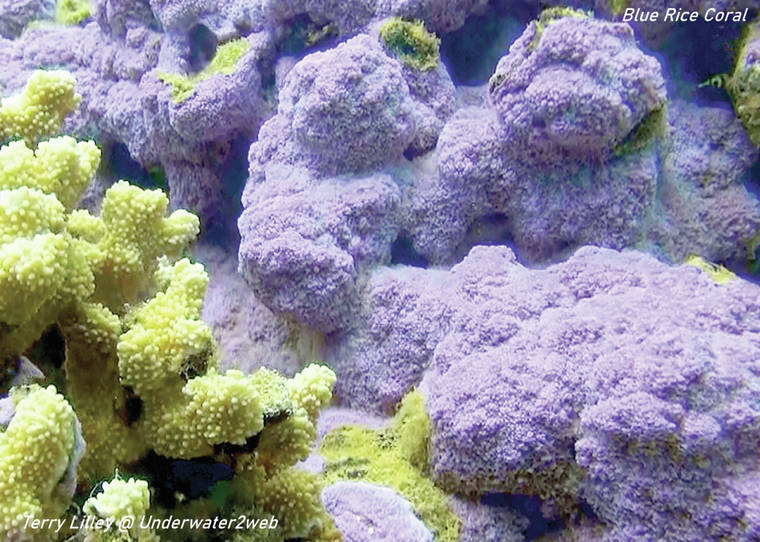HONOLULU— Sunscreens containing two harmful petrochemicals — avobenzone and octocrylene — would be banned from sale in Hawai‘i under a bill passed on March 9 by the Hawai‘i Senate.
This bill follows a 2018 law banning oxybenzone and octinoxate sunscreens. Studies show that all four of these petrochemical sunscreens are toxic to human health, coral reefs and marine species.
“This is great news for our imperiled coral reefs and marine life,” said Maxx Phillips, Hawai‘i director and staff attorney at the Center for Biological Diversity. “People can protect their skin without harmful petrochemicals while Hawai‘i protects public and environmental health.”
The Center has petitioned the U.S. Food and Drug Administration for a national ban on coral-killing chemicals in sunscreens.
Research demonstrates that octocrylene can disrupt human hormones and have toxic impacts on a variety of aquatic organisms, including corals, fish and marine mammals. A soon-to-be published study shows that octocrylene degrades into benzophenone, a powerful carcinogen, reproductive disruptor and herbicide.
Avobenzone is also an endocrine disruptor and can reduce coral resilience against the high ocean temperatures that are killing corals worldwide through global warming.
“Studies show fish exposed to octocrylene exhibited endocrine disruption, brain deformities in larvae and reproductive toxicity,” said ecotoxicologist Craig Downs. “Because octocrylene bioaccumulates, what does that mean for people eating these fish, especially pregnant women and keiki? Avobenzone may cause a dysfunction with the powerhouse of the cell, which may kill cells and induce a bleaching effect in corals.”
Coral reefs are critical ecosystems for Hawai‘i, protecting its shorelines, entertaining thousands of snorkelers and divers each year, and providing a safe environment for many fish and other aquatic species. Approximately one-fourth of the plants, fish and invertebrates found in Hawaiian coral reefs are endemic to Hawai‘i.
Coral reefs are intrinsic to Hawaiian culture and fundamental to the fabric of local communities. They provide critical habitat for near-shore marine life and natural protection against coastal erosion and sea-level rise.
“Evolving science shows that these persistent reef toxins disrupt the life-cycles of corals and other marine life,” said Lisa Bishop, president of Friends of Hanauma Bay.
Experts say the best protection from midday sun is staying in the shade or wearing hats and covering clothing. Sunscreens containing the minerals zinc oxide or titanium dioxide do not wash off as easily in water as petrochemical ones, so they may provide better protection while not harming reefs.
If enacted into law, the Senate bill (S.B. 132 SD2) would ban the sale of sunscreens containing octocrylene and avobenzone starting on Jan. 1, 2023.






They taken all of the sunscreen lotion off the shelves just yet? There are many out there. What’s the local manufacturers saying or doing about this? Well I’ll say they are doing nothing about it at this point. Since it is a free enterprise system. Keep making them until some higher order says we can’t make them any more. And for a good reason too. Not just include some crap bill on our desk, and say change things around. It must be for a better reason.
Vampire, huh? Scratching head
According Ian Davies, chief toxicologist at PCPC and author of the recent review article on the effect of sunscreen filters on coral reefs: concentrations in the environment are too low to cause an effect, there is currently no proven link between coral bleaching and sunscreen filters, and the whole discussion shifts the focus away from the main causes of coral bleaching, like climate change, wastewater effluents and overland runoff. We need to take action on the latter ones, but regarding the effect of sunscreen filters on corals we first need further research. The current bans are mainly due to consumer pressure, in stead of conclusive scientific evicence that proves a causative link between uv filters (at field relevant concentrations) and coral bleaching.
https://www.theecowell.com/podcast/pcpcroundtablesunscreen